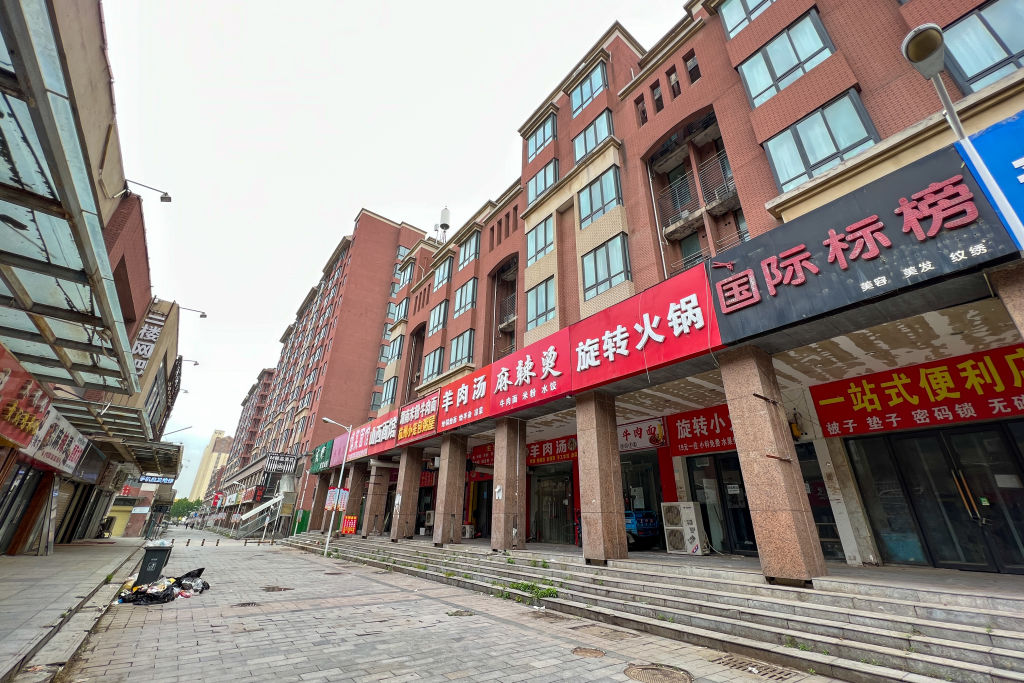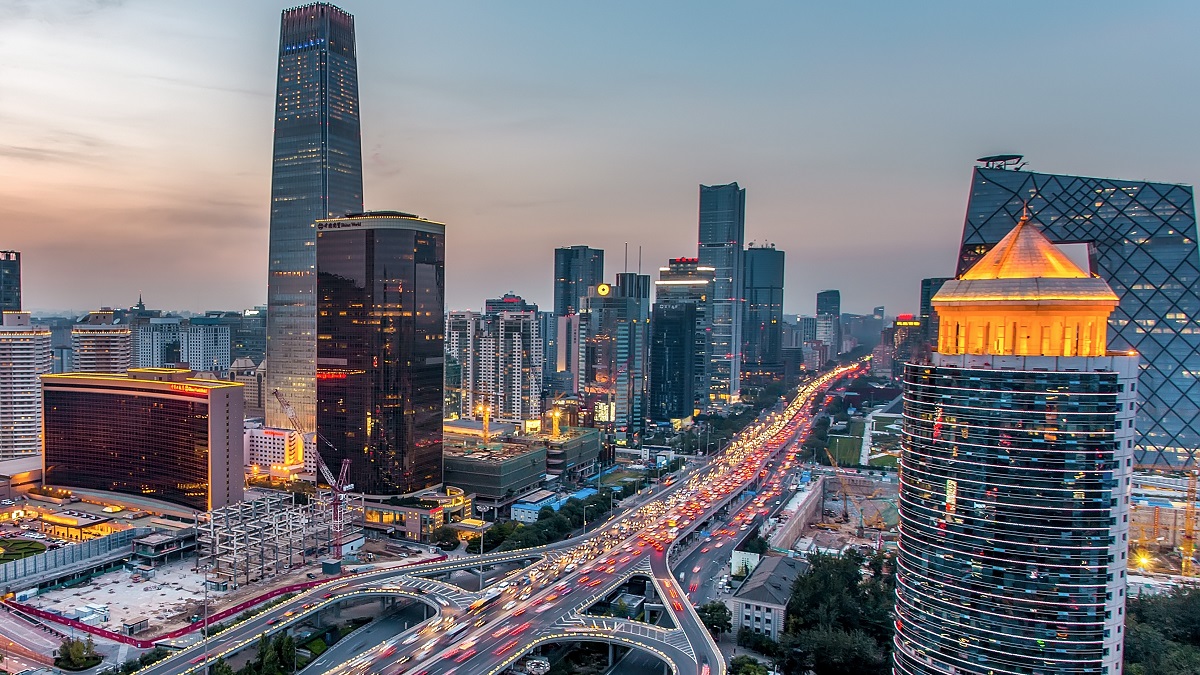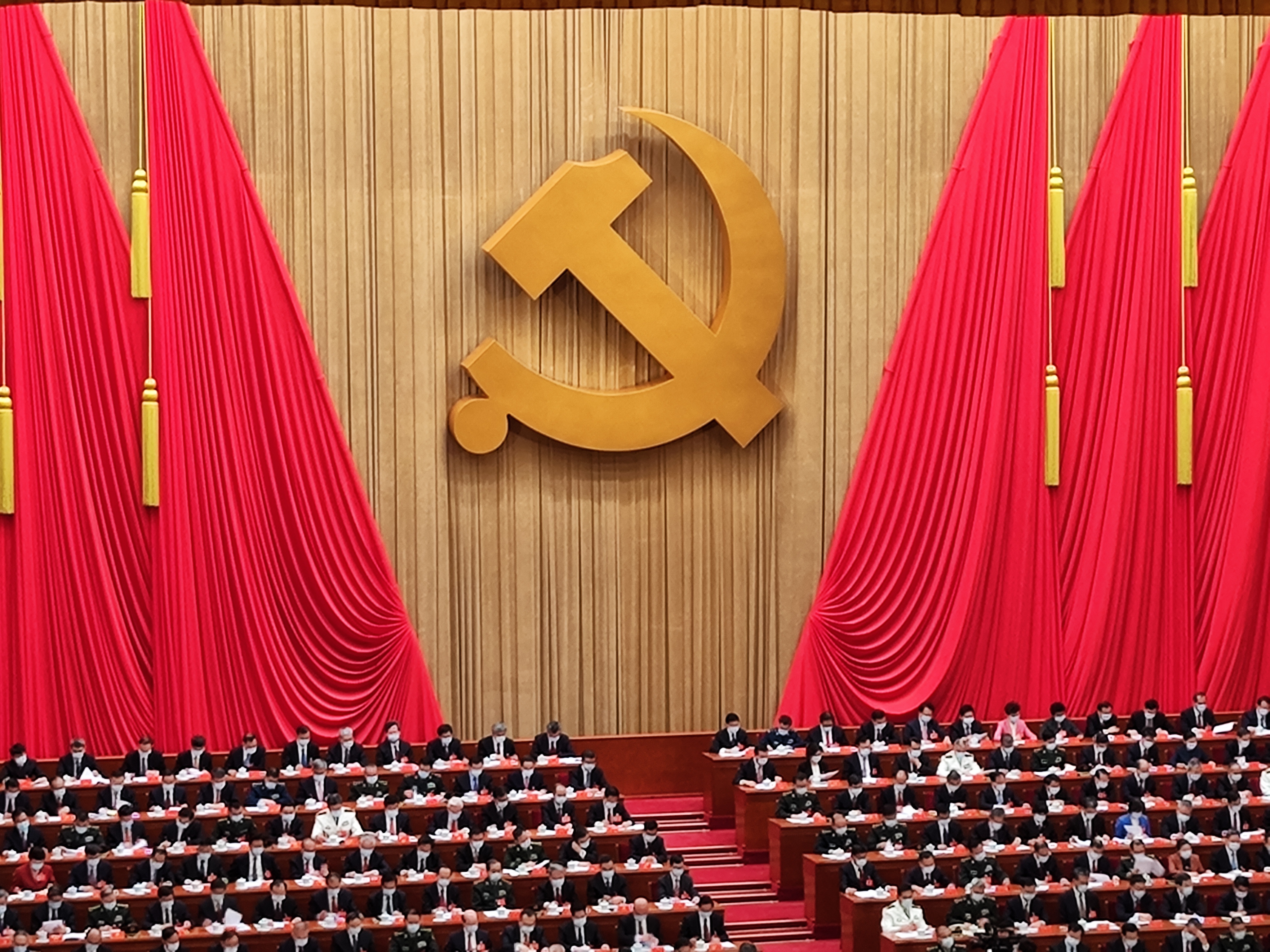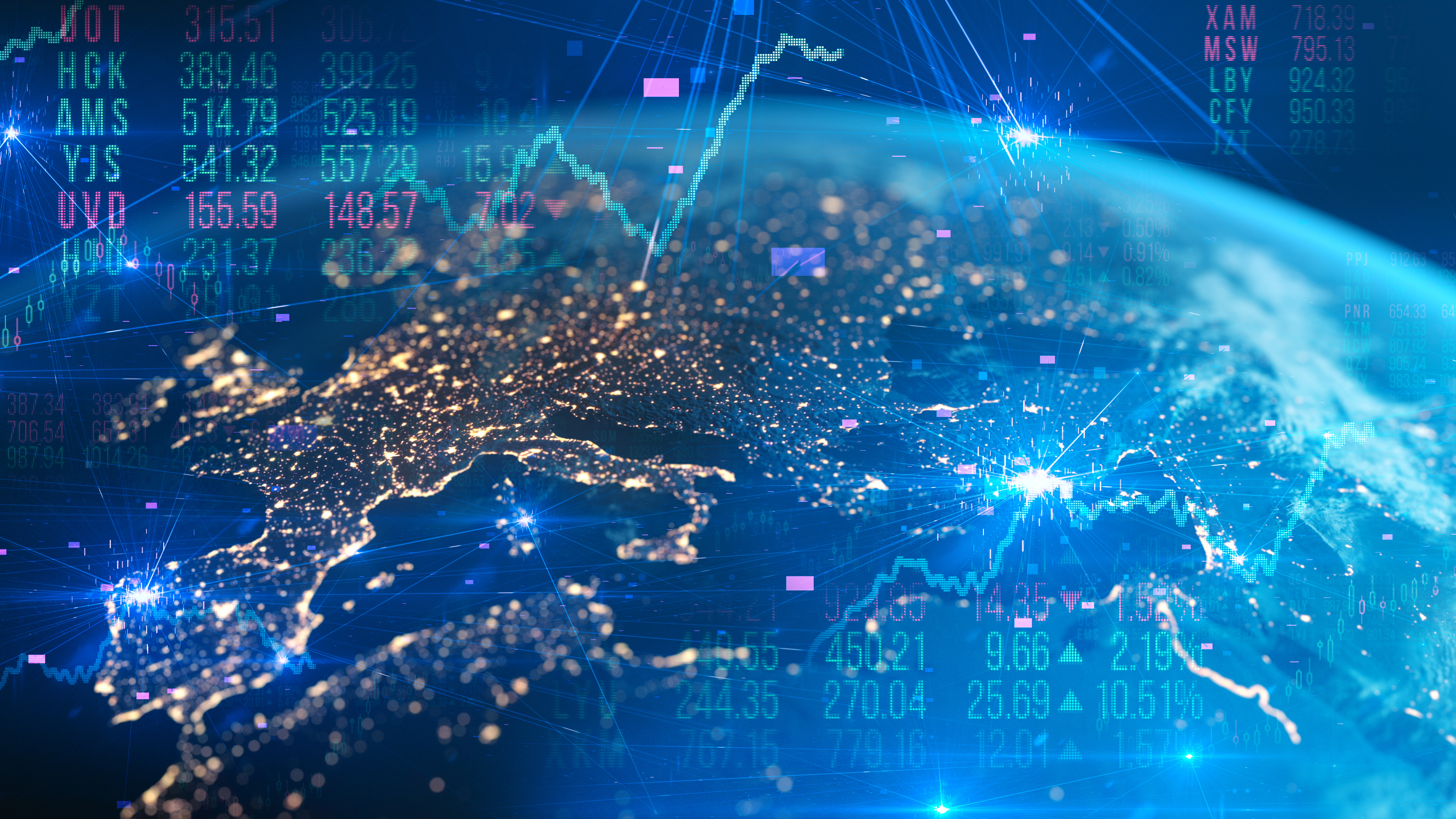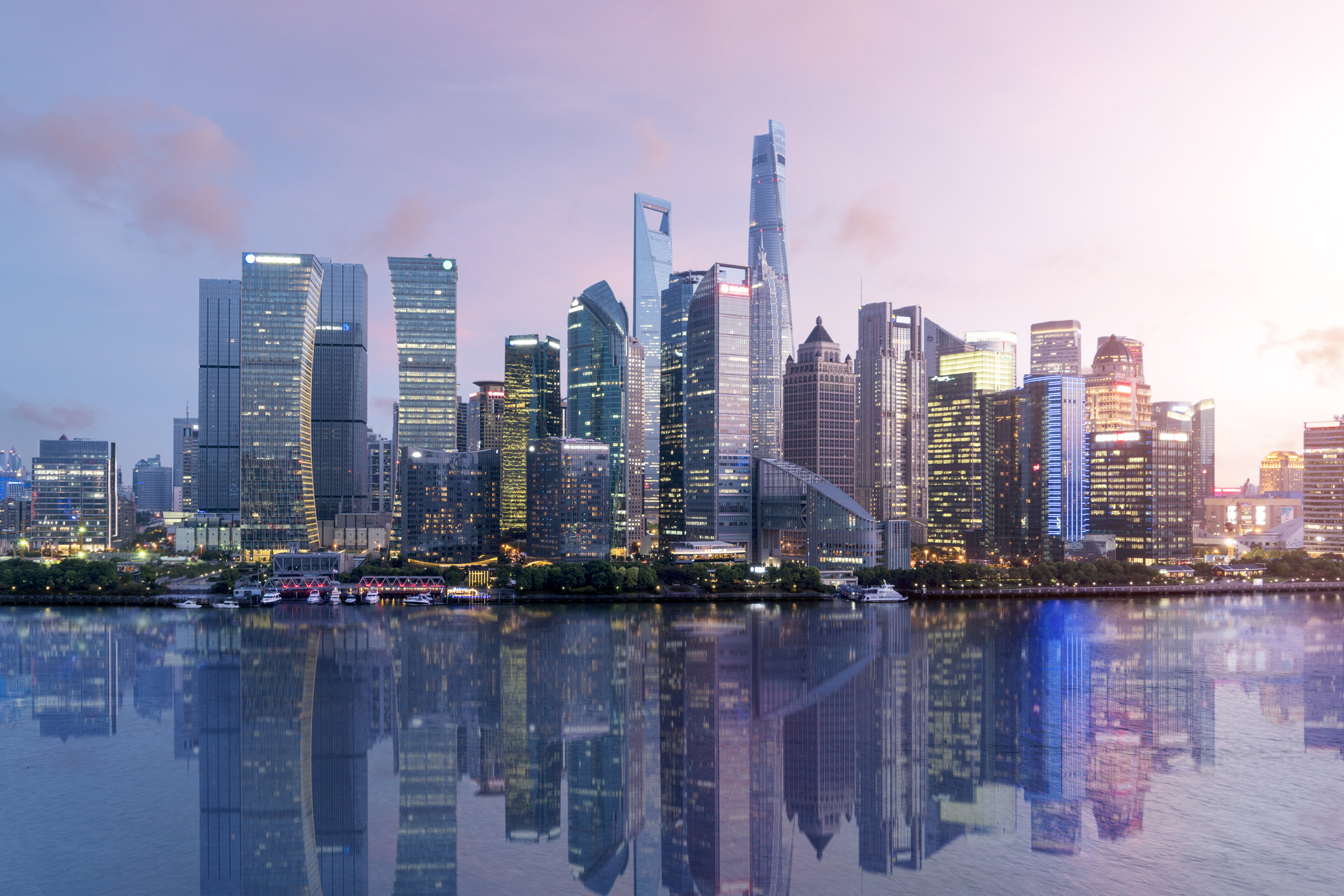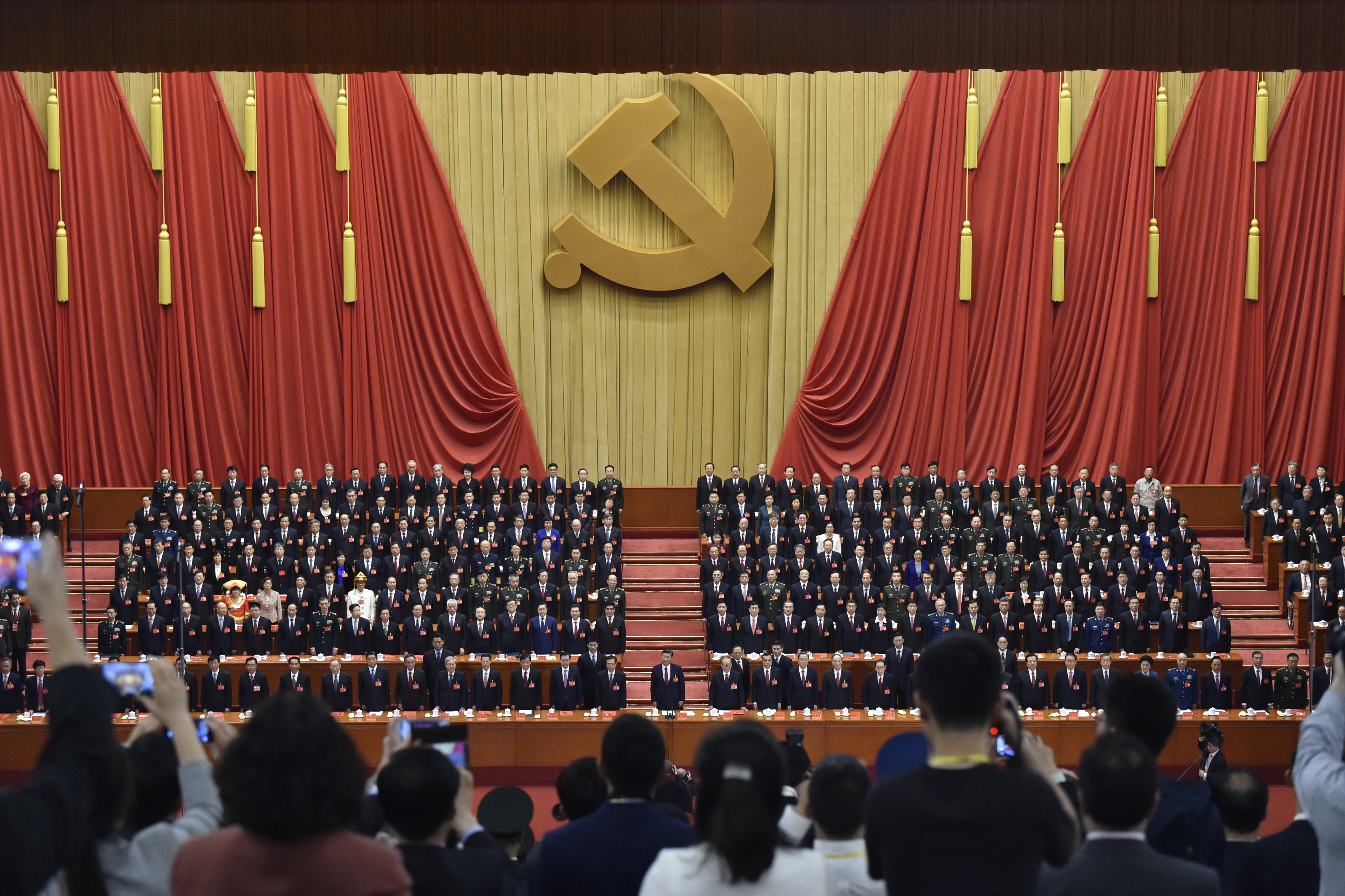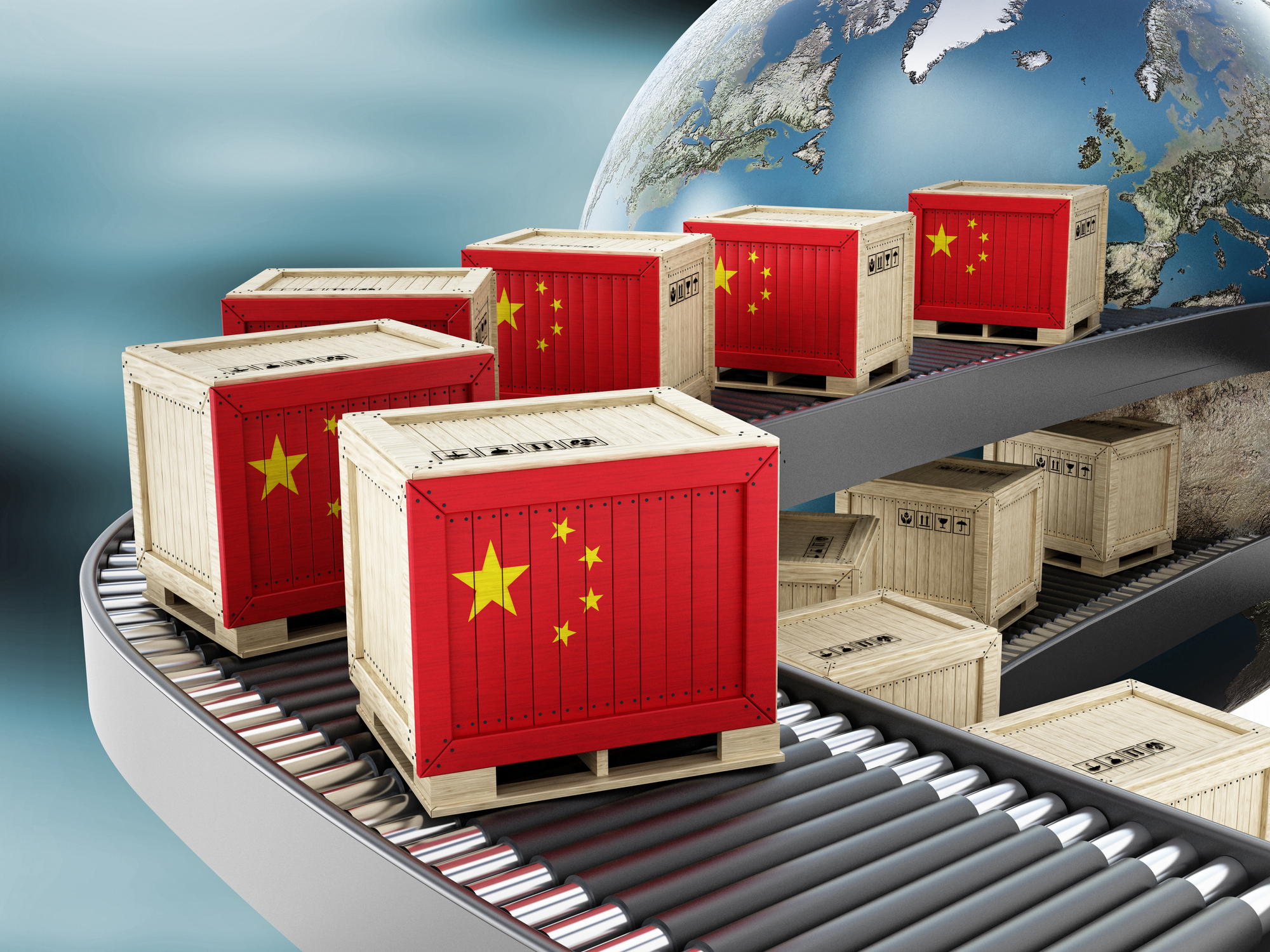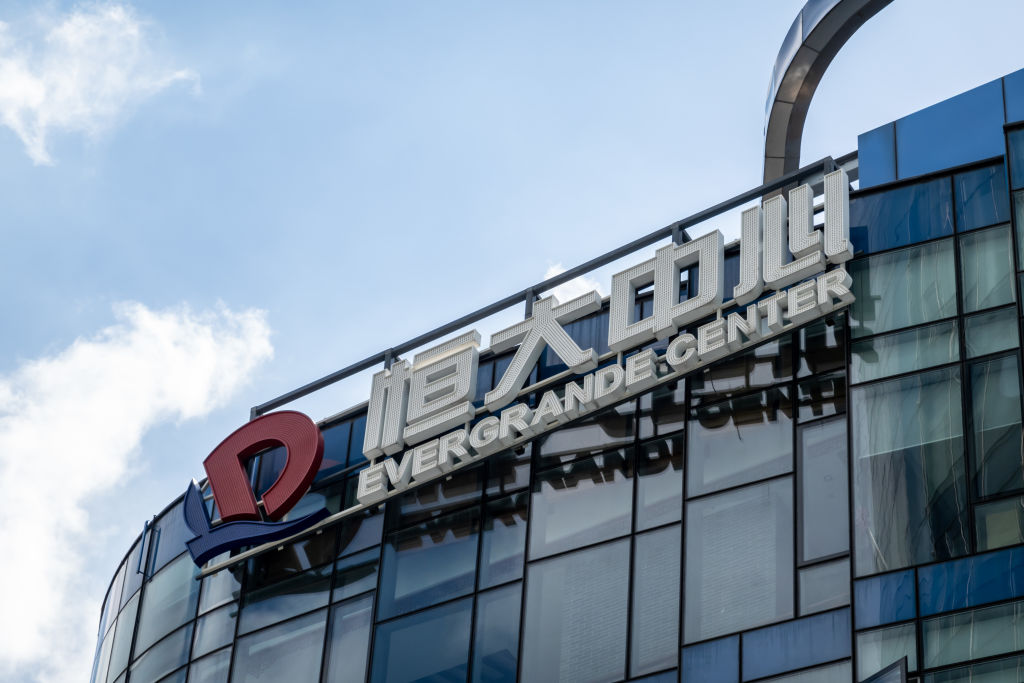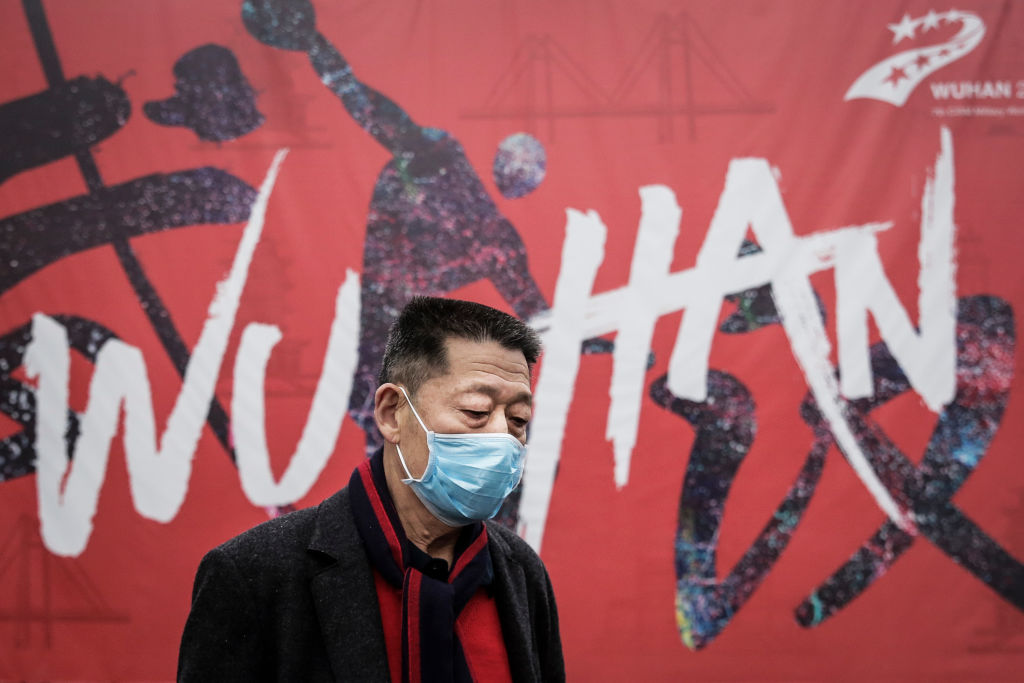
The following interview with Senior Fellow Ke Long, an expert on the Chinese economy and the global supply chain, was conducted in Japanese on February 4, 2019, when the brunt of the COVID-19 outbreak was still largely confined to China. Much has changed in the intervening weeks, but Ke’s early insights into Beijing’s missteps and the outbreak’s economic implications, published here in English translation, are still well worth reading.
* * *
——Can you share with us your assessment of the Chinese government’s response to the novel coronavirus and its spread?
KE LONG: I think it’s fair to characterize this epidemic as a man-made disaster. I will leave it to medical experts to analyze the outbreak itself, but certainly the Chinese government could have moved faster early on to contain it. Beijing’s handling of the situation has laid bare serious weaknesses in the Xi Jinping regime’s ability to manage risk and govern the nation. The government’s command system was in complete disarray. Combined with the delays caused by the initial coverup of cases by Wuhan officials, this muddled response allowed the virus to spread explosively [during the Lunar New Year rush], and the result was a nationwide panic.
Another factor contributing to China’s failure to contain the infection was a shortage of healthcare facilities. Beijing has invested huge sums overseas while neglecting the welfare of its own people, and now we’re seeing the consequences. The Chinese government needs to do some real soul searching regarding its public investment priorities.
——The Politburo Standing Committee of the Communist Party of China, headed by Xi Jinping, recently admitted for the first time to problems with the government’s early response to the epidemic. What’s behind such an admission?
KE: During times of crisis, it’s very rare for any government to come out with an explicit admission of failure. In this case, the deficiencies were so glaring that it was impossible not to acknowledge them. More than a month went by between the first cluster of diagnoses in early December and the lockdown of Wuhan on January 23. But even worse was the fact that Beijing notified international officials of the infection’s spread well before it issued any public announcement warning the Chinese people. The sense that the government didn’t put its own people first could seriously erode the authority of this regime. These are the circumstances that impelled Xi Jinping to acknowledge problems in the government’s response, and I imagine a number of local and central government officials will be forced to resign in order to quell public outrage.
——Prices on the Shanghai Stock Exchange nosedived on February 3, when Chinese markets reopened after the extended Lunar New Year holiday, and the Tokyo Stock Exchange quickly followed suit. Do you think these market reverberations will continue?
KE: Right now, China is in a state of panic. When people are panicked, they’re not thinking about stock market investments, they’re thinking about immediate problems like the shortage of face masks. That’s only natural. At this point, it’s not even clear whether the lockdown orders succeeded in stopping the movement of people around the country. What it does seem to have done, however, is halt the flow of goods. Stopping the flow of people is necessary to prevent the spread of the virus, but they shouldn’t be stopping the movement of supplies.
—— Do you think the panic has peaked?
KE: No, I don’t think it has. In concrete terms, the worst may be yet to come. For example, they’ve locked down Wuhan and halted shipments of goods. At this point, people still have enough food and other essentials to get by, but that’s only because households had stocked up in preparation for the New Year holiday, so most have enough to hold them for about ten days. That’s one of the few things they have to be thankful for.
——What will happen if households run out, and new supplies don’t come in fast enough?
KE: That could trigger rioting or looting. In Japan, disasters tend to foster a sense of community, with people sharing what little food they have with strangers. But that kind of self-sacrifice in an emergency is less common in China—particularly in a city like Wuhan, where various historical and economic forces have molded its character.
——What do you mean about Wuhan’s character? Can you explain the forces you’re talking about?
KE: Wuhan is the largest city in Hubei province, and it’s been an important transportation hub since ancient times, owing to its location near the confluence of the Yangtze and the Han rivers. This is also where the major north-south and east-west arteries of the national expressway system intersect. Back around 1960, in the era of Mao Zedong, the government decided that key industrial facilities concentrated in the country’s coastal areas were vulnerable to attack by the United States or Taiwan and should be moved inland. Hubei was chosen as the best site because it’s a mountainous province, yet it has good transportation routes.
As a result, the Wuhan area quickly grew into a major industrial zone with an emphasis on heavy industry, such as steel and automobiles, and it remains a major economic and industrial center even today.
Historically, throughout the world, urban centers that develop around commerce and industry have tended to foster a highly competitive social environment, and that in turn is reflected in the local character of the inhabitants, which others might characterize as pushy or even abrasive. I think that applies to Wuhan.
——How do you think this crisis will compare with the 2003 SARS outbreak in terms of economic impact?
KE: I think the impact will be much bigger than that of the SARS outbreak. Chinese companies in the B2C [business-to-consumer] sector are going to be especially hard hit. These are labor-intensive businesses that are responsible for a lot of job creation, but they also tend to be small companies. The lockdowns that are stopping the flow of people and goods will have the most immediate impact on the service and retail businesses that are closest to consumers. We could see a lot of small businesses going under and a big jump in unemployment as a consequence.
——China’s central bank announced plans to pump 1.2 trillion yuan [$173 billion] of liquidity into the nation’s financial markets to cushion the blow to the economy. What effect do you think that will have?
KE: The infusion of liquidity is meant to provide commercial banks with funds that they can lend to businesses impacted by the coronavirus. But most experts predict that banks will balk at the risk. They may be willing to provide loans to state-owned enterprises, but it’s the small private businesses that are most in need of help, and unfortunately, a move like this is unlikely to improve their situation much.
——How do you think the Chinese government plans to reboot the economy in the wake of the coronavirus meltdown?
KE: There hasn’t really been time to deliberate broader recovery measures, especially since the nation is still basically on holiday [as of February 4].
Right now, the Chinese government needs to focus on two things: first, addressing the hospital shortage to ensure proper treatment; and second, ensuring some income stability for the rest of the population. After that, it can focus on reviving the broader economy.
We should note also that major economic policies are ordinarily approved at the National People’s Congress, and this year’s congress, which was scheduled to open on March 5, is bound to be delayed.
As regards recovery of the Chinese economy, though, the point I want to stress is that, even if B2B activity seems to have resumed, we can’t assume that the economy is back on track until B2C activity and people’s livelihoods have normalized. This time around, it’s going to be important to keep a watch on issues at every level of the economy, instead of focusing narrowly on government statistics and other superficial indicators of economic health.
——Let’s talk a bit about the Japanese economy. We’ve already seen an impact from the drop in spending by Chinese tourists, who are counted on to provide a big bump during Lunar New Year’s. Do you think our economy’s growing reliance on international tourism is a source of fragility? Should Japan reconsider its emphasis on inbound tourism going forward?
KE: Realistically speaking, Japan has little choice but to depend on inbound tourism for a big chunk of its economic activity. But if businesses simply operate on the assumption that nothing bad will ever happen, they won’t be able to cope with emergencies. They need to be prepared for various business risks.
——How can they prepare themselves?
KE: I think the private and public sectors could work together to draw up an industry plan, including the establishment of an emergency fund of some sort. Many of the businesses that rely on inbound tourism are just too small to cushion themselves against major risks. But teamwork has always been a strong suit of the Japanese people. So maybe now is the time to put that asset to work in the form of collective risk planning to prepare for emergencies like this one.


